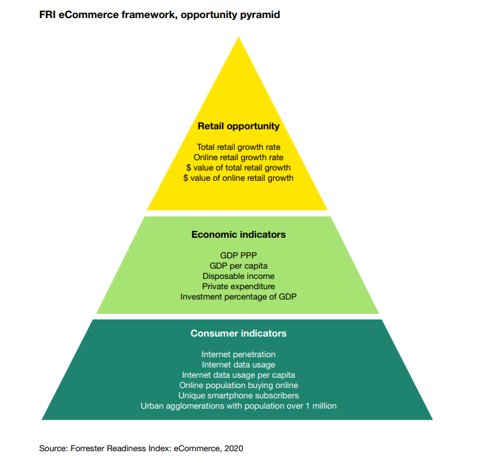
Dive Brief:
-
S&P Global on Monday downgraded Kohl’s and Nordstrom and gave them both negative outlooks, citing expectations that consumer spending will decline as a result of the COVID-19 pandemic, with longer-term ill effects on both retailers’ revenue, profits and margins.
-
For Nordstrom, the ratings agency lowered all of its ratings to BBB- from BBB, and its short-term commercial paper rating to A-3 from A-2, according to an emailed press release. The same day, Nordstrom announced several financial measures: suspending its quarterly cash dividend beginning in the second quarter, suspending share repurchases, and drawing $800 million from its revolving credit line. The company also said it has no immediate need to raise capital and that it plans reductions of more than $500 million in operating expenses, capital expenditures and working capital.
-
In Kohl’s case, S&P cited “coronavirus-related social distancing [and] temporary store closures,” that along with “a downshift in consumer spending for discretionary merchandise will lead to a protracted decline in profit and cash flow.” S&P thus lowered its ratings on the company, including the issuer credit rating to BBB- from BBB, per an emailed press release.
Dive Insight:
The latest downgrades from S&P are further evidence that COVID-19 has taken its toll on retail, particularly on department stores that were already in a precarious state.
Kohl’s had already lowered its 2020 guidance well before the new year, and last month announced restructuring plans that would entail cutting some 250 jobs. That calls into question just how much the retailer’s much-touted partnership with Amazon to take the e-commerce giant’s returns has helped Kohl’s. CEO Michelle Gass insisted as recently as January that the arrangement has driven meaningful traffic.
Now even that potential traffic driver is moot in light of Kohl’s move to shutter stores in hopes of stemming the novel coronavirus pandemic. In its note, S&P analysts said that the government mandate for people to avoid crowds and for nonessential stores to shutter “could heavily weigh on Kohl’s performance in the next few quarters,” with “imminent elevated unemployment and weak consumer demand” impeding any recovery. For this fiscal year, S&P expects Kohl’s revenue to decline more than 20% and “a significant erosion in EBITDA margin,” with pressure easing somewhat in the second half of the year. They do see e-commerce helping a bit.
“Kohl’s online business, which represents about one quarter of sales, could partially offset the impact of closed stores in a limited fashion,” they wrote. “The negative outlook reflects the elevated uncertainty around the impact of [the] coronavirus and a recessionary backdrop that could impair Kohl’s ability to reduce leverage to under 3x in the next one to two years after a severe near-term shock.”
Meanwhile, Nordstrom, the department store perhaps most willing to pursue innovations that could help redeem that model, also faces intense pressure. The retailer opened its first New York City flagship last fall with high hopes for its contribution to the business. Most of the costs of that massive undertaking are behind it, but the store is now temporarily shuttered. The expense cuts the retailer announced Monday are on top of its plans for cutting some $200 million to $250 million in fiscal 2020, per its release.
S&P analysts dinged the retailer for its status as a department store. “The downgrade reflects our concerns over the potential steep impact of the coronavirus outbreak on Nordstrom’s sales and cash flows this year,” they wrote. “We believe the department store sector is particularly susceptible given its discretionary merchandise mix and our expectation for imminent elevated unemployment and weak consumer demand.”
Their negative outlook for Nordstrom reflects the uncertainty brought on by the pandemic and what S&P called an “impending recession,” as well as “concerns the company may temporarily exceed its maximum leverage covenant following its recent draw on its revolver and weaker near-term performance expectations.”

